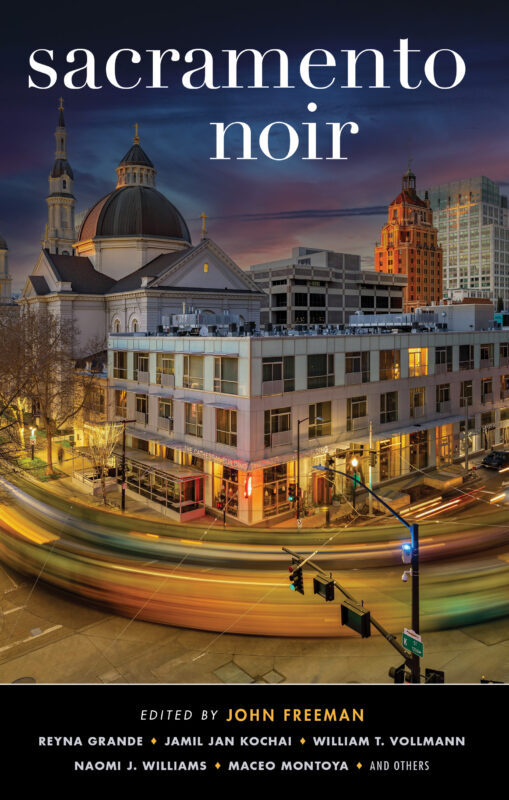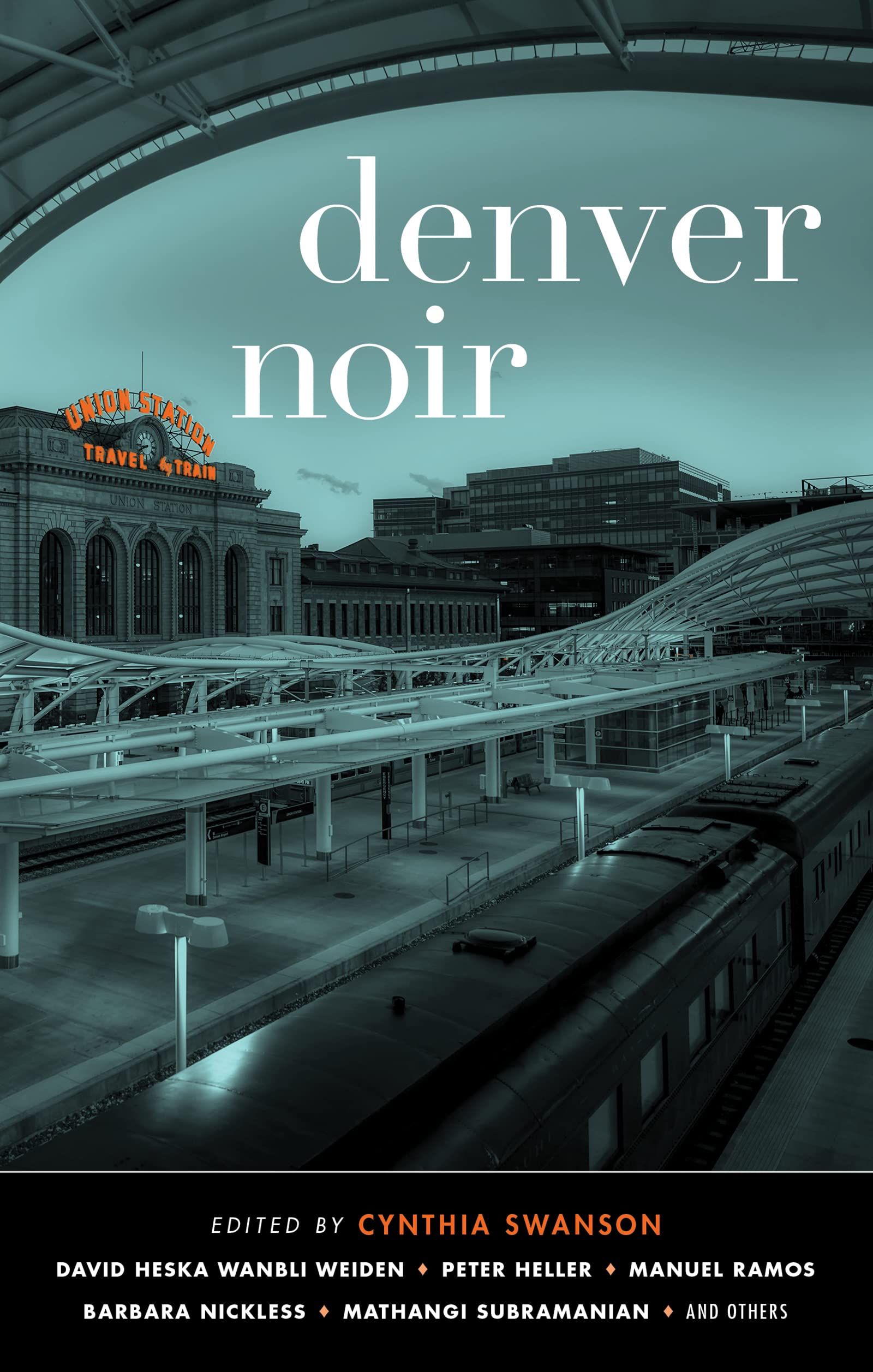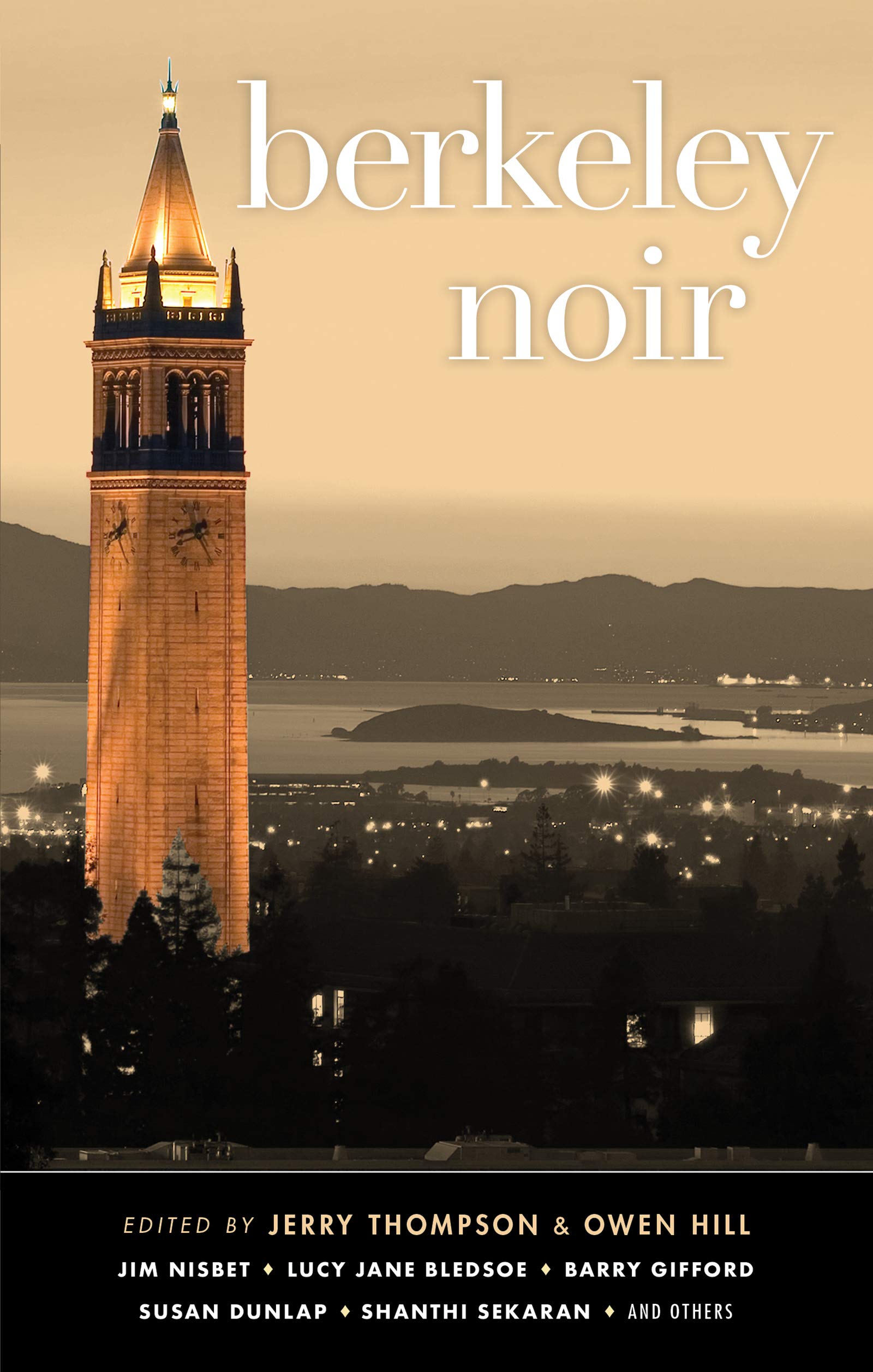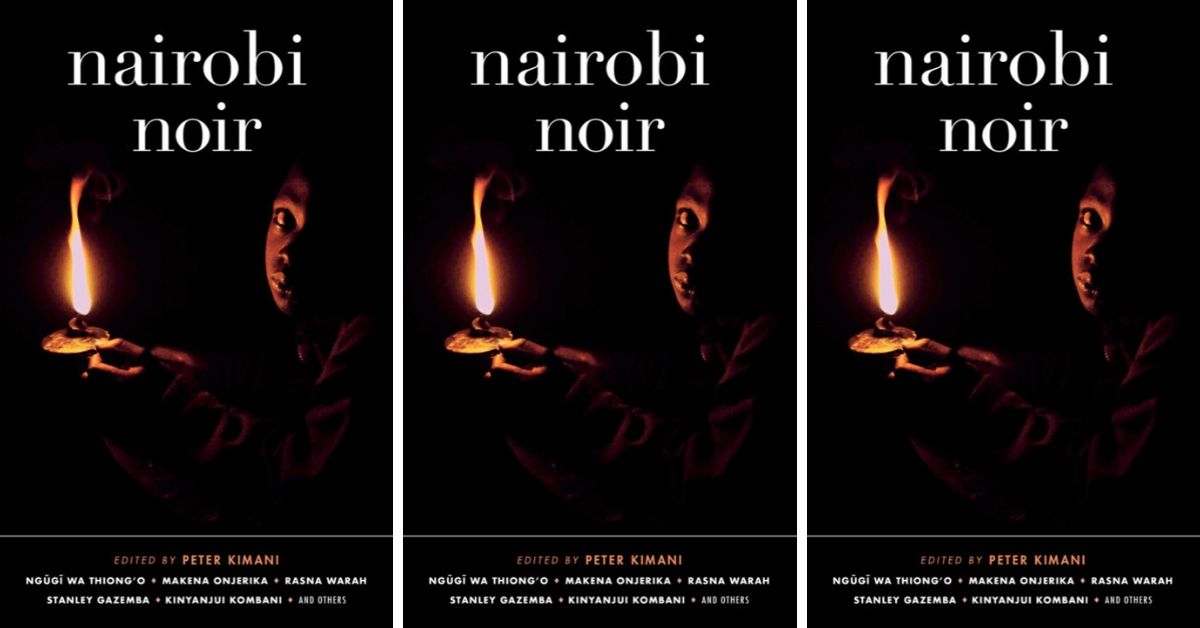"Abreast Schwarztonnensand," by Zöe Beck, in Hamburg Noir, edited by Jan Karsten, Akashic Press, 2025.
Boy, I hope I spelled that title right. The publisher sent me a free copy of this book.
This is the third story by Beck to make my list, although calling it a story may be inaccurate. It is written as a film script, dialog with occasional description. If the movie is ever made I assume it will begin with the very dramatic scene that we only hear about.
Kai-Uwe is a billionaire and the owner of a Hamburg family business. He has been cruising on the Elbe River in his yacht and has run over a man in a sailboat. The story consists of the man and his cronies discussing ways to avoid all responsibility, legal and financial, for the accident.
So this is political, even polemic, fiction, but it is very good. We watch the characters coldly manipulating the system without a thought of right and wrong and we think, yeah, this is probably how it works.
It is not a funny story, but there are flashes of grim, acerbic wit. Here is Kai-Uwe's lawyer strategizing about his client's actions:
He was observing the prescribed speed for yachts along this stretch of the Elbe. Find out how fast that is.
A clever and compelling piece of writing.

















